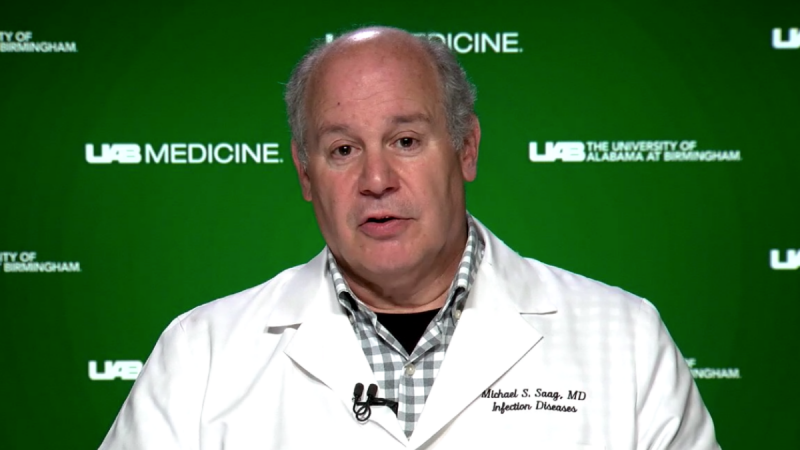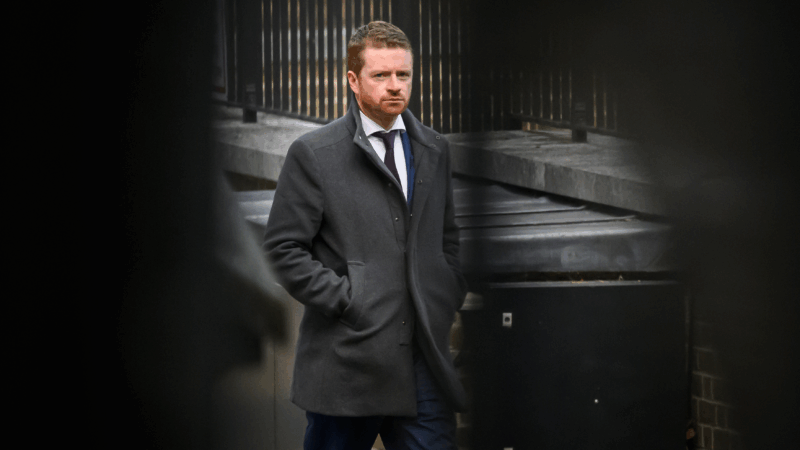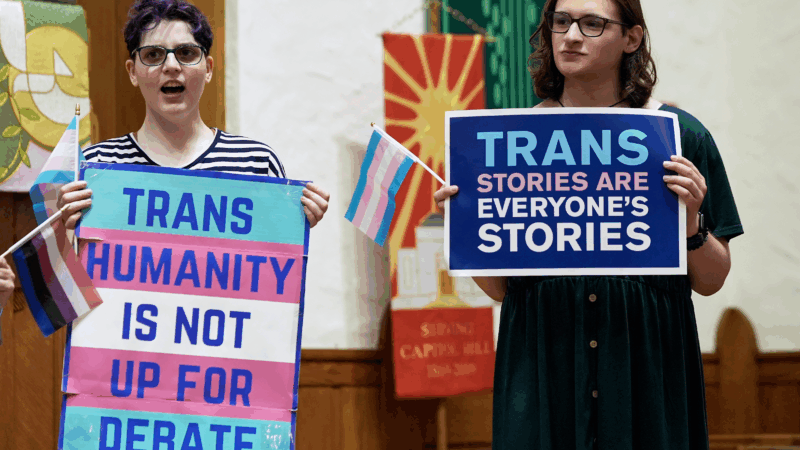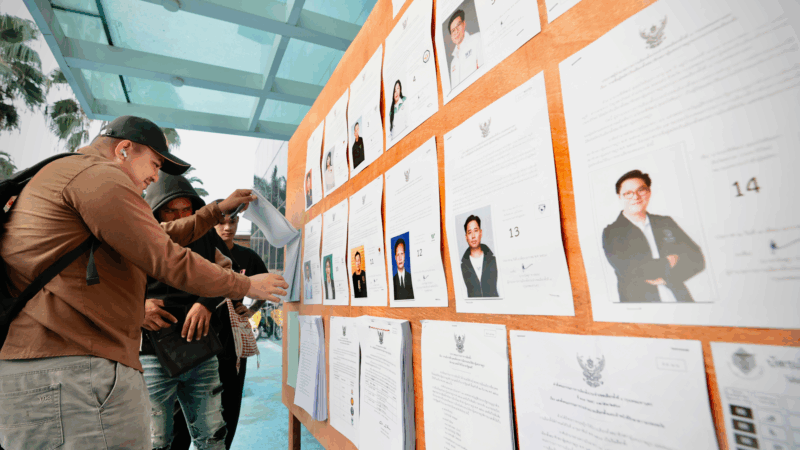Why Alabama’s Declining Vaccination Rate Could Spell An ‘Uncomfortable Summer’
Dr. Michael Saag, an infectious disease specialist at UAB, said he was concerned about declining rates of COVID-19 vaccination during a press conference on June 7.
After months of declining case numbers and hospitalizations, health experts are warning Alabama could soon see an uptick in COVID-19 infections.
The state’s vaccination rate ranks second to last nationwide, with just under 30% of residents fully vaccinated. And demand for the shot continues to plummet.
“I think we might be headed towards, I won’t call it a turbulent summer, but I will call it an uncomfortable summer,” said Dr. Michael Saag, an infectious disease specialist at the University of Alabama at Birmingham.
Even though most Alabamians are not fully protected against COVID-19, Saag said many residents have stopped wearing masks and have returned to activities like summer barbecues, sports games and other social gatherings.
“Somehow the messaging from CDC about ‘only fully vaccinated people being safe without a mask’ got lost in translation,” Saag said.
Alabama’s low vaccination rate presents a “very worrisome situation” that could possibly lead to a summer surge, according to Dr. Jeanne Marrazzo, who spoke to NPR’s Here & Now.
“People see that things are getting better,” Marrazzo said. “So I think the urgency has really come down. That’s informed a sense of complacency.”
Both doctors said that more residents, especially adults under the age of 40, need to get vaccinated to prevent the spread of more infectious variants.
In recent weeks, Birmingham city leaders and health officials have started offering financial incentives for residents to get a shot.
Saag said that could help reach some people, but more targeted messaging is necessary to combat vaccine hesitancy.
He predicted that Alabama “won’t be anywhere close” to reaching President Biden’s goal of getting 70% of the state’s population at least one dose of the COVID-19 vaccine by July 4.
U.K. leader’s chief of staff quits over hiring of Epstein friend as U.S. ambassador
British Prime Minister Keir Starmer's chief of staff resigned Sunday over the furor surrounding the appointment of Peter Mandelson as U.K. ambassador to the U.S. despite his ties to Jeffrey Epstein.
Trump administration lauds plastic surgeons’ statement on trans surgery for minors
A patient who came to regret the top surgery she got as a teen won a $2 million malpractice suit. Then, the American Society of Plastic Surgeons clarified its position that surgery is not recommended for transgender minors.
What you should know about Bad Bunny’s Super Bowl halftime show
Will the Puerto Rican superstar bring out any special guests? Will there be controversy? Here's what you should know about what could be the most significant concert of the year.
Sunday Puzzle: -IUM Pandemonium
NPR's Ayesha Rascoe plays the puzzle with KPBS listener Anthony Baio and Weekend Edition Puzzlemaster Will Shortz.
Thailand counts votes in early election with 3 main parties vying for power
Vote counting was underway in Thailand's early general election on Sunday, seen as a three-way race among competing visions of progressive, populist and old-fashioned patronage politics.
US ski star Lindsey Vonn crashes in Olympic downhill race
In an explosive crash near the top of the downhill course in Cortina, Vonn landed a jump perpendicular to the slope and tumbled to a stop shortly below.








